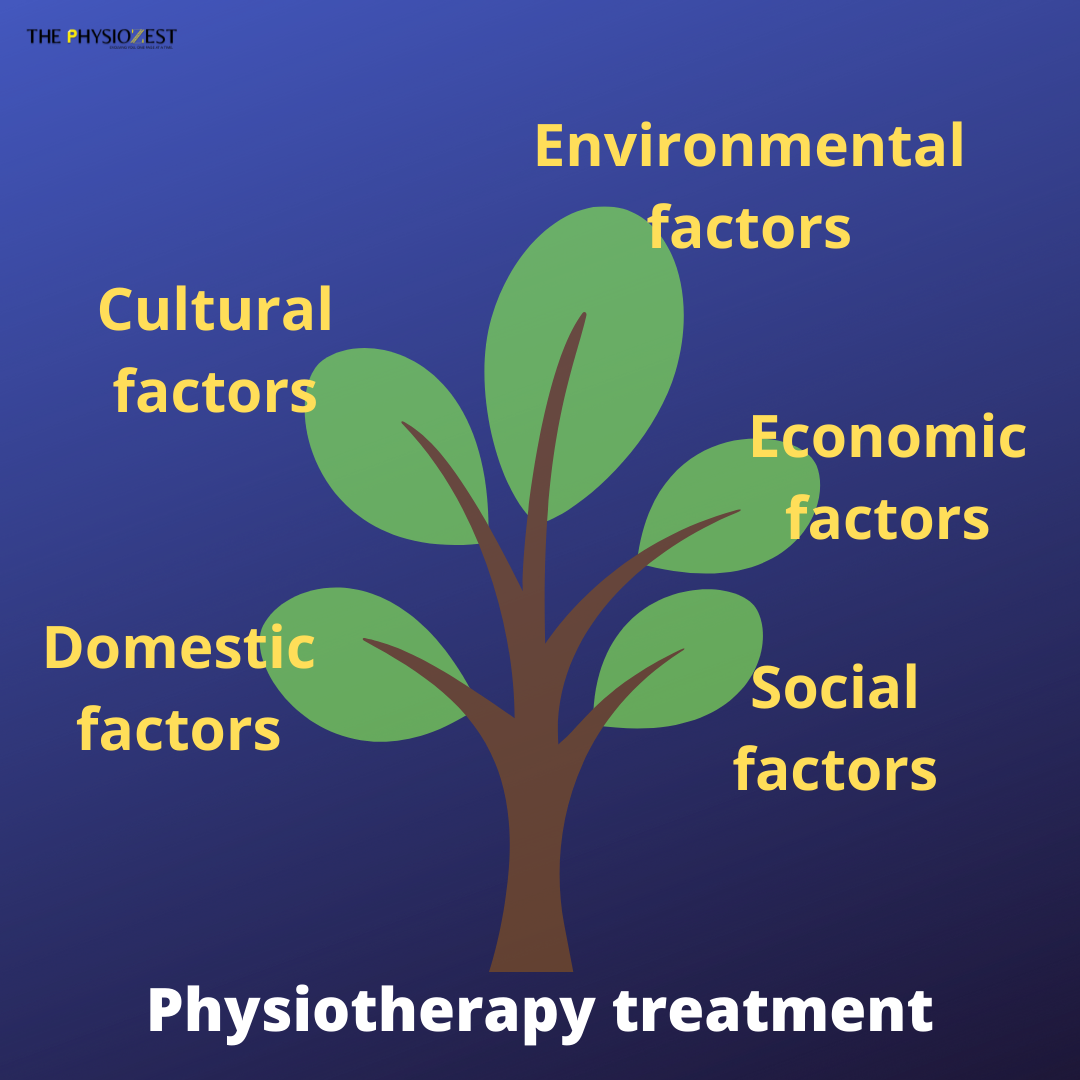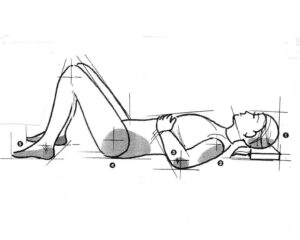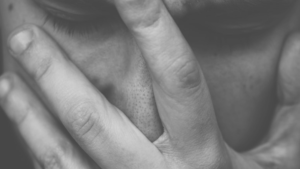
5 min read | Think Tank
Environmental Physiotherapy
Written by Preeti Belani
Graphics by Divya Sharma
Share this article
Place your hand on your heart, and answer one question- Do you love your mother?
Now, fortunately for the majority of us who do not hail from troubled families, the answer is- yes, I love my mother
But if I asked you, do you love your friend’s mother as much as your own mother,
Some of you might answer yes to that, and no judgment on that part, but most of us like what’s ours. Our mother. We are attached to her, the umbilical cord is still there, though invisible. There is a tinge of ownership, a sweet comforting scent of familiarity, an association with our mothers.
But we are bad children, aren’t we? We take her for granted, we seldom live up to her expectations, and when she’s old and starts forgetting how to put on a shirt, what name to call us by, we long for her youth.
This is exactly what our relationship with Mother Nature is.
We let things break. Why worry when there is a broom to dust the pieces.
You must be wondering if you logged into the wrong website, but persevere for a while, this is Environmental Physiotherapy.
As students we all had classmates who dedicated 3 hours to travelling time with the bright intention of studying in a ‘good’ institute, only to heave a sigh of relief at the graduation party, thankful to the heavens that the dog days are finally over.
It isn’t uncommon for our asthmatic neighbours to leave town for their native place when it’s festive time to escape the pollution of the city.
We’ve all been guilty of taking a home visit that was a tad bit out of the way, but which we ended up sustaining anyway because we thought this case will challenge us like never before, and shape us into good therapists.

Maybe we took it because we simply wanted to do something because being vacant in a world full of go-getters is enough to make us spiral down the self-worth staircase; bless those who are free from the clutches of societal norms. Our clinics see patients from the other end of the city alias intergalactic travellers (struggles of living in a cramped metropolitan city) who were out doctor shopping and as luck would have it, they simply fell in love with you and want you to be their healer, their savior. They come in with a new joint pain every fortnight, or to wallow about their crippling marriage.
Somedays you eavesdrop on your client’s telephonic conversation from behind the curtain, their in-call volume louder than Fur Elise played in any average elevator. Their gossip teaches you something profound. They snicker over an incident at a cocktail party where they made a rather demeaning comment on Firdaus’ paleness and frailness, out of pure genial concern of course, but which aggravated Firdaus’ father to put her on a military physical training and nutrition programme. “Poor girl weeps herself to sleep but it is for her own good”, they end the call, feeling proud. The modality beeps and you walk in to release them; how you wish you were releasing them from parochialism and not just electrodes.
Your colleague, a patron of the Heartbreak Hotel, breaks the news with a long face at lunchtime that there aren’t plenty of fish in the sea. You want to yell, “So much for a fad pescatarian diet professed by social media!”, but you stay reticent and let him sob.
We dream of a meagre electrical bill but never break the habit of prescribing electrical modalities to every patient that comes up. And when some client with a razor-sharp business acumen sells us the idea of integrated solar roofing systems, we want to bury our face in the ground as our yearly turn-over guffaws at us.
Our governments know that maybe if they bettered the infrastructure, we would be hearing the twinkling sounds of bicycle bells, or sometimes the whirring of electrical wheelchairs more than the horrid honks of motorcars.

Dear reader, through the motley examples mentioned above, I’m attempting to convey two broad message:
- Health is not a simple concept
- The Physiotherapy profession needs to get greener by deliberate thought and action on the part of Physiotherapists.
Many social, environmental, financial, economic, domestic, and bureaucratic factors influence health, and I know for a fact that the list is far from complete. Maybe it’s the crazy hustle culturists selling productivity in a bag of peanuts, productivity that encourages you to go on till you run out of fuel, never letting you introspect the choices you make, maybe it’s the supermarkets and the places you go to where your mind takes mental notes of everything it saw only to influence your health decisions in the near future. But maybe it’s not complaining about being a product of your environment but going out there, educating yourself, making active, deliberate choices, maybe it’s giving curt replies to the body shamers in a room full of people, maybe it’s about stopping a little early in your track and buying veggies from your local vegetable vendors; maybe.
Lars Avemarie advocates the Socratic Questioning by forcing reflection and trying to explore all alternative solutions and meanings behind the pain. These meanings, metaphors, and explanations are believed to validate the patient’s own experience of pain.
As practicing Physiotherapists, we ought to rethink our actions, our treatment strategies, and the designs of our set-ups on a regular basis. An intergalactic traveller can be treated by a therapist of their galaxy, that not-so-far home visit can be referred or be signed up for an online consultation, let’s make our clinics this earth’s friend and our colleges our next door neighbours. There are six themes to Socrates’ questioning; this is the format you can use when framing your questions.

Congratulations on reaching the end of this article. If you are still looking for the definition of Environmental Physiotherapy, you haven’t read between the lines, my friend. In any case here’s the definition,
“…a new field of physiotherapy, where key aspects of the relationship between the environment, human health, and functioning and physiotherapy are considered and respected to mutually benefit patient health, the physiotherapist, and the environment.”
Now read the article again.
This article has been inspired from Filip Maric, PhD, Physiopedia





